Sony: PSN outage 'woke our customers up'
Hopes new rebranded network can keep them awake
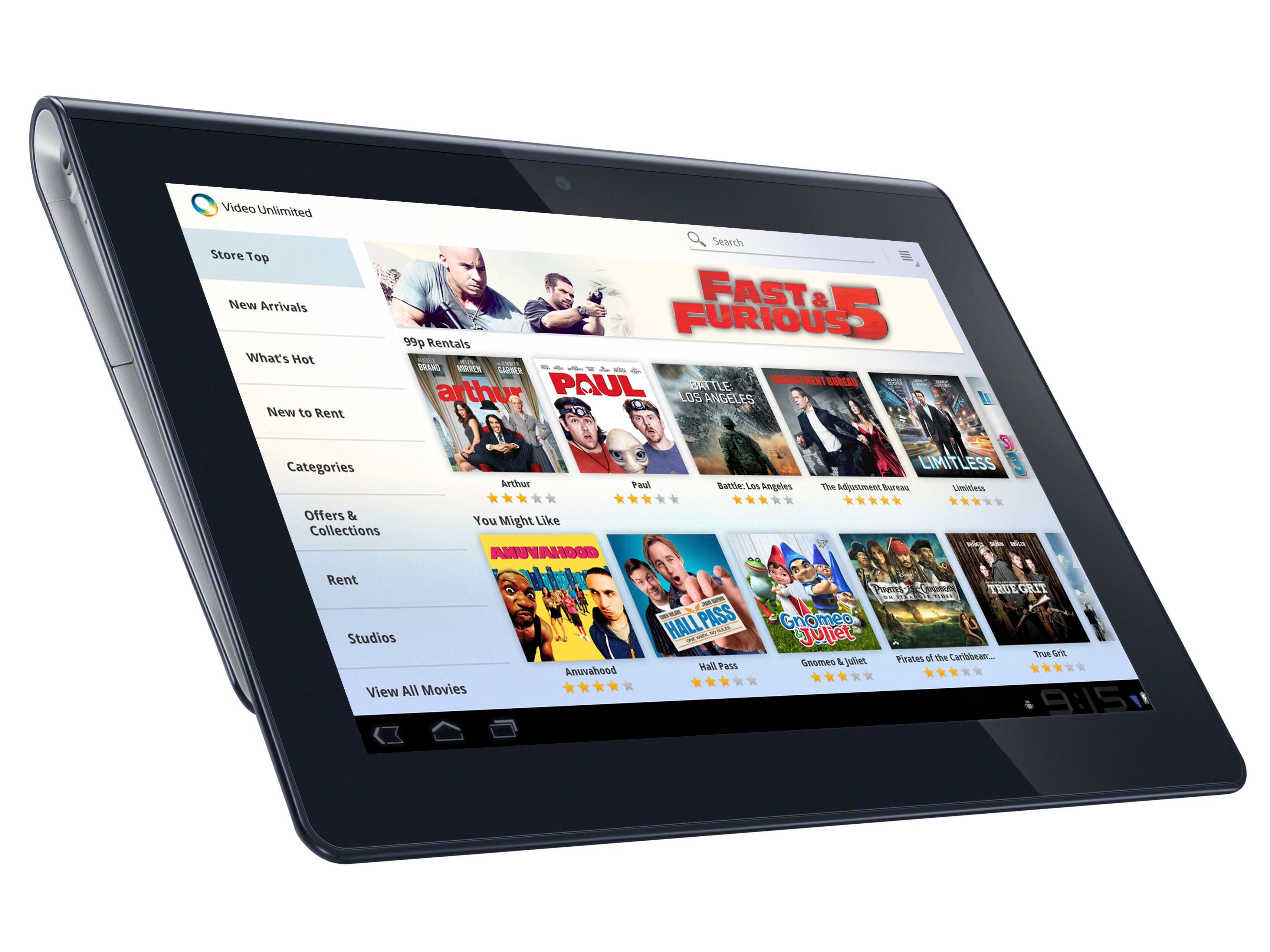
Sony has revealed more information regarding its mass rebranding of its online services as the Sony Entertainment Network and has told TechRadar that the PSN outage earlier this year woke its dormant customers up, getting them back online rather than pushing them away.
Back in September, at IFA 2011 in Berlin, Sony revealed that it would be grouping all of its (non gaming) online content together under the banner of the Sony Entertainment Network – which mainly comprises the company's two media offerings: Music Unlimited and Video Unlimited.
So Saida, senior director of global business strategy and development at Sony, explained to TechRadar that despite the PSN outage this year, more customers than ever were now using Sony's online services and this repositioning of its web brands will make it easier for those who tap into the Sony ecosystem to access their content – regardless of what device they are on.
"Our outage has woken up our dormant customers, we have improved the platform, the content, how you can access your content," Saida explained.
"We have increased the revenue of games by 14 per cent. We have acquired 800,000 active users for Music Unlimited, 5 per cent revenue for Video Unlimited and we now have 3 million accounts for this service.
"We created the welcome back package, which is one of the reasons for the upsurge in activity on the site."
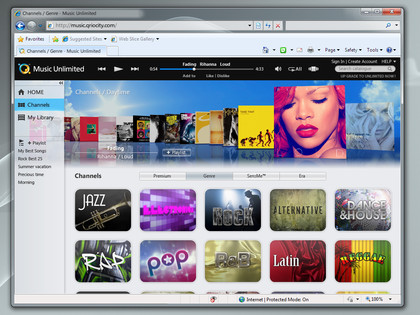
The new Sony Entertainment Network is a big step for Sony, which is still licking its wounds from being hacked.
Sign up for breaking news, reviews, opinion, top tech deals, and more.
Regardless of the positive numbers and apparent customer loyalty, Sony still has to prove to the world that its networks are safe, and this means bolstering its security, something Saida believes the company has done and by being transparent, it has made sure its customers have understood the situation.
"We have put various security issues in place, moved the data centre, automated log-in can now be blocked, we have monitoring system so we can detect it much more sooner. We also have the insurance scheme to protect those customers. We also notify customers if the password strength is not enough.
"Sony has been attacked but we have been upfront and honest and informed the world about what has happened," Saida explained.
"Network companies get hacked all the time – but do they make a noise about it? This is happening all of the time, it happened to us and it is about educating the consumers, making sure that they have their ID protected."
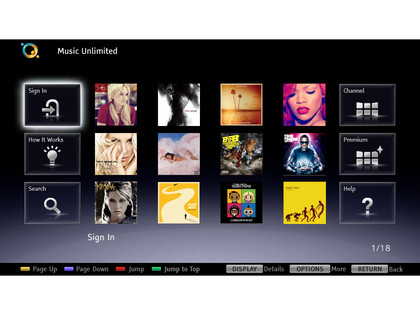
Sony has faith in the PSN, despite the hack and it is this online service it is trying to emulate with the Sony entertainment Network.
"We have created a strong community around games devices. We have subscription services for the PS3 and PSP and Vita.
"But with what we call the non core gamer, Sony brings many other products such as Bravia TV, home theatre devices, Sony Tablets, PCs and mobile. How the consumer associates with the customer journey, we want them to have a seamless experience, regardless of the size of the screen."
This seamless service that Saida refers to is all to do with cloud computing. While Apple made a massive song and dance about iTunes Match, its online version of iTunes that matches your music and mirrors it in the cloud for listening to over Wi-Fi, Sony has been doing this for some time with Music Unlimited – offering the same sort of service for as little as £3.99 a month, with the amount of songs being matched, well, unlimited.
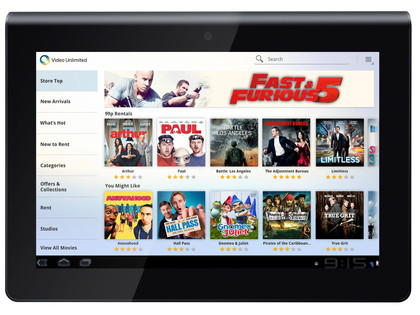
Speaking about Music Unlimited, Saida explained: "It is about enriching the customer journey and making them believe in the Sony experience.
"The content is following [the customer] and not the device. And it is all about a consistency that we bring to our products with Sony.
"The experience for Music Unlimited is the same across all devices, even non wireless ones.
"You no longer have to manage your track, they are just there – you don't have to be wary of losing tracks on hard drives, we can manage that experience for you."
Sony's online music service is built around two tiers: basic for £3.99 a month and £9.99 for Premium, which is its version of Spotify.
Unlike Spotify, though, Music Unlimited doesn't work through a downloaded client – it's browser based when you use it on a PC or Mac and app based on Android.
Video Unlimited is a slightly different beast. The service isn't quite as seamless as its music bedfellow and this is because the movie studios are still uneasy about movie streaming and downloads. This does mean that if you download something to your PlayStation, you may not be able to pick it up from your tablet and so on.
This is something Saida is hoping will change in the near future.
"We are speaking to studios, and gathering up information and telling them that this is what the consumer wants and trying to get them to change their old-style models.
"So while it is possible to have a film pause on your TV, then watch it from that moment on another device, we have to respect the studio's rights."
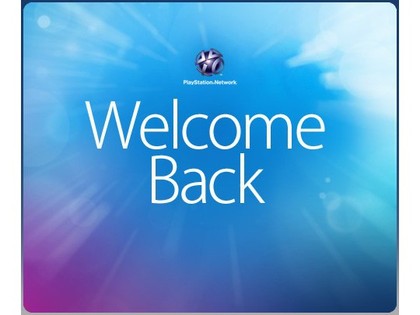
Sony is also emulating the PSN's welcome back package, which it offered to consumers after the hack, for enticing them to use Music and Video Unlimited. For instance, the basic package for Music Unlimited is currently free for customers using a Sony device for six months. It will also be offering free movies and the like to draw people in. And if that doesn't work, then Saida explains that it also has many third-party partners that people can use to get content.
"We have a balanced strategy with third and first party partners," he explained.
"We don't believe that our video services alone will feed the customers' need but how they access it – regardless of third or first party, we want the experience to be the same.
"We deliver the BBC iPlayer, on-demand available to you – to complement Video Unlimited, some may want to enjoy a subscription service so we have a partnership with LoveFilm and a partnership with Mubi."
Although the SEN can be seen as merely a rebranding for services Sony has, Saida believes that it is needed to bring the technology up to date with the customer.
"There is so much data available and what has happened is that consumer needs have surpassed technology, so the tech needs to catch up.
"Consumers are currently frustrated and want to access their content instantly. We want to bring all of these digital experiences into one place so the users can access the best content any time, anywhere and from any device."

Marc Chacksfield is the Editor In Chief, Shortlist.com at DC Thomson. He started out life as a movie writer for numerous (now defunct) magazines and soon found himself online - editing a gaggle of gadget sites, including TechRadar, Digital Camera World and Tom's Guide UK. At Shortlist you'll find him mostly writing about movies and tech, so no change there then.